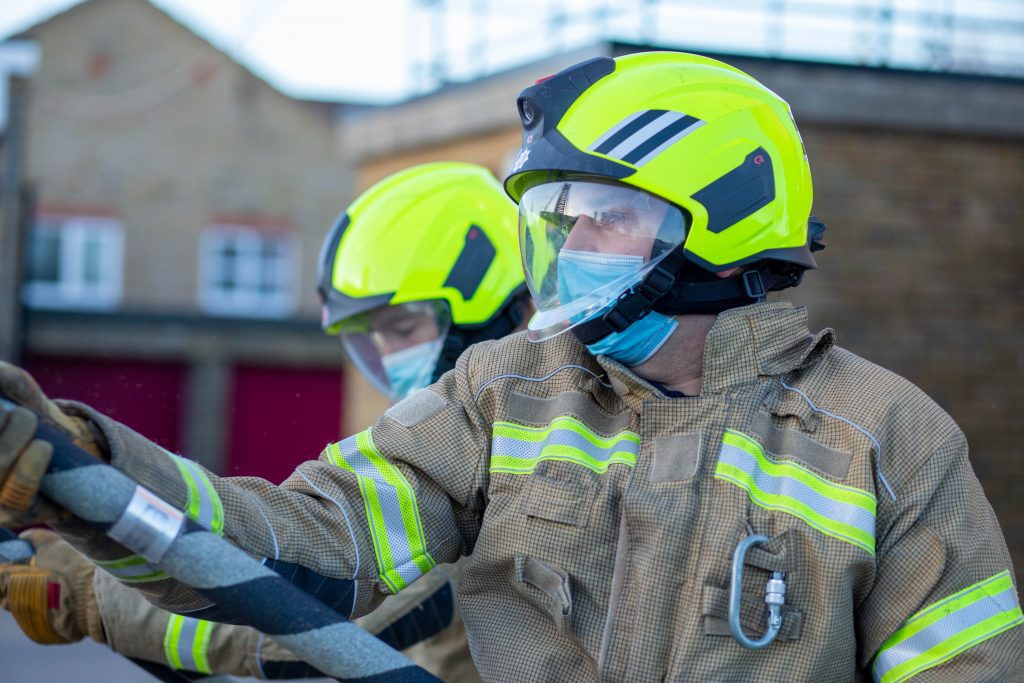NFCC Fire Commercial Transformation Programme 3 key principles
- Standardised requirements developing agreed standard specifications that are operationally driven rather than procurement-led.
- Aggregated volumes FRS that bring larger volumes to market typically get better deals. Where possible, i.e. non-fire specific goods and services, consider the wider purchasing power of other public sector organisations.
- Collaboratively managed contracts and suppliers joined-up strategic engagement, supplier performance and contract management.


In January 2016 the Prime Minister confirmed that ministerial responsibility for fire and rescue policy would transfer to the Home Office from the Department for Communities and Local Government. CFOA is working closely with colleagues in the Home Office to establish a new national structure to enable collaborative procurement. Rapid change, a focus on the delivery of savings and efficiencies within the sector, and collaboration with other emergency services feature strongly.
The sector has been able to respond to the change proactively because the resources and foundations for collaborative and more commercially orientated procurement have already started to be developed.
